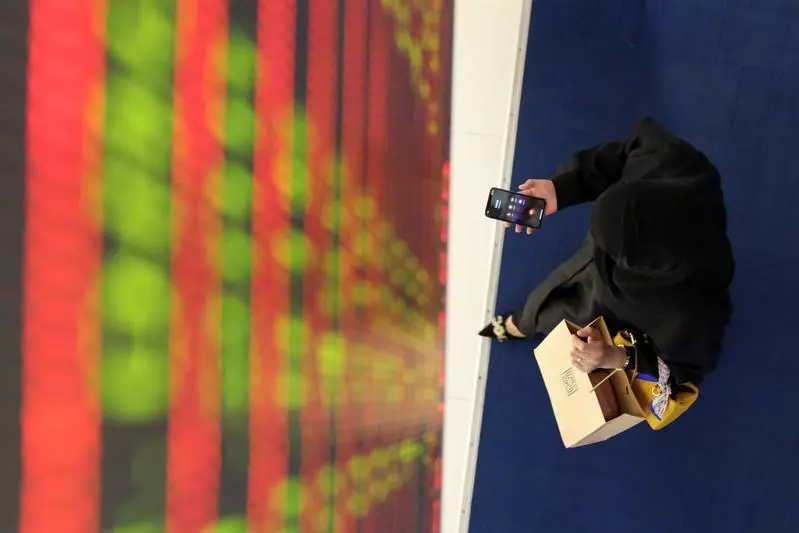PHOTO
The outlook for GCC markets in 2020 is mostly stable, while Dubai’s outlook is positive, Kuwait Financial Centre “Markaz” said in a report.
Oil prices in 2020 are expected to remain around the 2019 levels, in the range of $61-$65 per barrel, while an improvement in corporate earnings is expected, the report noted.
Markaz has listed its outlook on major GCC markets:
Kuwait - Stable
Kuwait enjoys a fiscal surplus compared to its GCC peers. However, Markaz sees the gap narrowing in 2020.
“Compulsory transfers to Future Generations Fund (FGF) and subsidies seem to weigh on its balance sheet,” the report said. The FGF fund was created back in 1976 and is managed by the Kuwait Investment Authority (KIA).
The Kuwaiti bourse was the top performer amongst its GCC peers in 2019, with a return of 23.7 percent, while corporate earnings have seen a moderate growth of 1 percent for the first nine months of 2019, according to Markaz.
Saudi Arabia - Stable
In the kingdom, the deficit is expected to widen further in 2020 on an increased government spending towards Vision 2030 and a decrease in oil production, despite an increase in revenues with the introduction of VAT and other consolidation measures, the report said.
Tadawul gained 7.2 percent in 2019, while corporate earnings for the first nine months of 2019 fell by about 24.1 percent.
Al-Rajhi Bank’s stock rose the most amongst blue chip companies, adding 14.8 percent during the twelve-months period.
Dubai - Positive
Dubai’s Price/Book ratio (0.9x) is lower compared to Saudi Arabia, Kuwait, Qatar and Abu Dhabi, making it more attractive according to the report.
“Economic growth in 2020 is expected to be supported by tourism and hospitality sectors benefitting from Dubai Expo 2020. Efforts taken by the UAE government and Dubai Land Department (DLD) to stabilize real estate sector should also pay off,” Markaz said.
Dubai’s stock market index rose 9.3 percent in 2019. Amongst the blue chips, Emirates NBD’s stock return was at 52.3 percent in 2019.
Abu Dhabi - Stable
A 4 percent expected corporate earnings growth in 2020 and modest valuations cap the upside potential, according to Markaz.
Abu Dhabi’s index rose 3.3 percent in 2019. First Abu Dhabi Bank’s (FAB) stock gained 7.5 percent supported by an increase in foreign ownership limits and good earnings growth.
“However, the gain (for FAB) had been stunted, as its representation had not been increased in the MSCI Emerging Markets Index after relaxation of its ownership limits,” the report said.
Qatar - Stable
Qatar is expected to see an increase in fiscal surplus in 2020, through rise in revenue from the imposition of excise duty on tobacco and increased Liquefied Natural Gas (LNG) production, Markaz said.
The report adds that the country’s exports are expected to rise once the Barzan natural gas facility comes online in 2020, helping it post a surplus in spite of lower expected energy prices.
The Qatari stock market edged 1.23 percent higher in 2019 and corporate profits dropped by 6.6 percent for the nine-month period ending September 2019.


GCC fixed income - Promising
A de-escalation of trade tensions, better growth indicators for 2020 and benign inflation would continue to provide favorable support for GCC fixed income asset class according to the report.
“High positive yields, better risk-adjusted returns, currencies pegged to US Dollar and improving credit quality on the back of rising oil prices augur well for their improving stance,” Markaz said.
(Writing by Gerard Aoun; editing by Seban Scaria)
Disclaimer: This article is provided for informational purposes only. The content does not provide tax, legal or investment advice or opinion regarding the suitability, value or profitability of any particular security, portfolio or investment strategy. Read our full disclaimer policy here.
© ZAWYA 2020




















